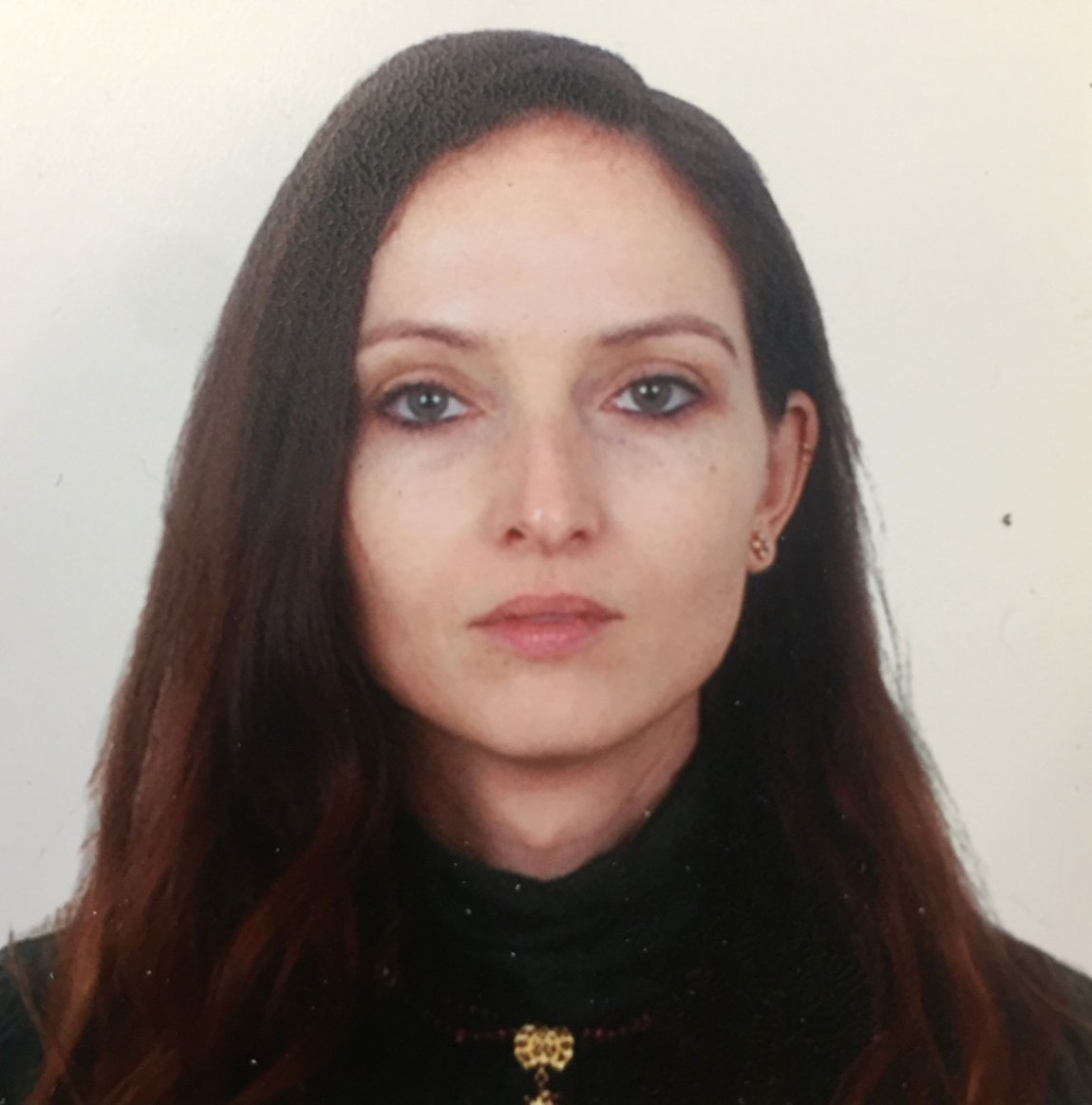This article is part of a regular series of conversations with the Review’s contributors; read past ones here and sign up for our email newsletter to get them delivered to your inbox each week.
In the Review’s June 10, 2021 issue, Francesca Mari reviews two new books about gun violence: Alex Kotlowitz’s An American Summer: Love and Death in Chicago and Thomas Abt’s Bleeding Out: The Devastating Consequences of Urban Violence. “As calls to defund the police grew louder after [George] Floyd’s death,” Mari writes, “many people began to ask: Could the Great American Crime Decline be sustained without police?”
Mari, who teaches nonfiction writing at Brown University and contributes to The New York Times Magazine, The New Yorker, and other publications, has for the last couple of years been focusing on housing inequity—investigating the rise of the single-family rental industry and how it has led to the transfer of wealth from homeowners to private equity firms. I asked her over e-mail how she began following this beat.
Born and raised in San Francisco and El Granada, California, Mari left the West Coast for college and settled in Washington, D.C., New York, and then Austin for work. “I only returned to San Francisco when I was thirty-one for a job as an editor at a magazine,” she told me. “My salary covered the cost of living and not much more. I certainly couldn’t save enough to buy a house in the city. Those who could were making a tremendous amount (usually not just from wages but assets), or had access to generational wealth, often equity from real estate.”
Inequality had also increased in the Bay Area since Mari’s childhood. “There are record numbers of people broken by chronic homelessness; working families sleeping in their cars and being fined by cops; desperate smash and grabs (in 2016 my car got broken into three times in so many months). Something was messed up about the state’s housing policy, and I became obsessed with figuring out what. As I learned more, that curiosity naturally extended to the national level.”
I asked her what she thinks about the case put forth in the recent book The Asset Economy, in which Lisa Adkins, Melinda Cooper, and Martijn Konings argue that “the key element shaping inequality is no longer the employment relationship, but rather whether one is able to buy assets that appreciate at a faster rate than both inflation and wages…. The millennial generation is the first to experience this reality in its full force.”
“That very much aligns with what I’ve come to think is the biggest problem with housing,” she said, “that it’s become an investment vehicle, thanks to neoliberal banking deregulation, new financial instruments, and restrictive zoning and poor public policy. Housing is now the greatest asset class in the world, and the preferred investment vehicle of the rich, more so than stocks and equities. That’s frightening. We’re talking about shelter, something fundamental to health and wellbeing.”
Referring to both the housing crisis and the gun violence covered in her recent review, she said, “Gross inequity begets precarity and suffering, which begets fear, shame, and frustration.” As she wrote, “Though both sides agree that the issue of violent crime must be addressed, this debate has been going on for decades, with conservatives calling for law and order and liberals emphasizing the need to address root causes.”
To many, it may seem self-evident that addressing root causes would require restorative or transformative justice, but how best to apply these principles has been the subject of some debate and experiment—especially in the last year. I asked Mari about this.
“As Alex Vitale notes [in The End of Policing (2017), American] policing originated not to ensure public safety but to suppress labor uprisings and minorities, so the institution is fundamentally flawed,” she said, acknowledging that there are nevertheless officers who pursue their work with the best of intentions. “The problem is that police are asked to wear too many hats because they monopolize too much of municipal budgets. Diverting funding from police to better mental health services, public education, and affordable housing (my obsession) is essential. To effect a turn away from over-incarceration, I’ve also been interested in inverting the idea of If you build it, they will come,” she said. “If you shut it, it can’t be filled.
“Abe Streep just published a powerful story about the need to decertify problem cops,” she went on, describing the argument that a small number of officers account for a large number of civilian complaints, such that decertification might help remove the worst actors if performed correctly and equitably.
Mari, who was herself an intern at the Review from 2009 to 2010, has also written sharply about the reliance on assistantships and internships with the rise of the “creative class.” Mari then worked as an editor at Texas Monthly and at California Sunday, which closed in 2020, two years after she left. I asked her how she balanced her editing and writing. “Editing made me a better writer by forcing me to streamline and making me a (slightly) better salesperson for stories. My favorite part was always ideas meetings. But I’m a firm believer that the best stories come from writers. No matter how great an editor’s ideas, passion isn’t transferrable.
Advertisement
“I’m always pre-reporting four or five stories at a time,” she said. “I saved up for ten years to try out freelancing full-time (because honestly it’s pretty impossible to juggle writing and editing, unless your publication is truly committed to you splitting your time and seeing you succeed—shout out Texas Monthly, which allowed me to be a writer-editor during my last couple years there). My aunt and my spouse eventually persuaded me to let go of a steady salary, and my spouse put me on his health insurance. But I haven’t yet figured out freelancing. A lot of work goes into securing work. I dream of someday being a staff writer.”



